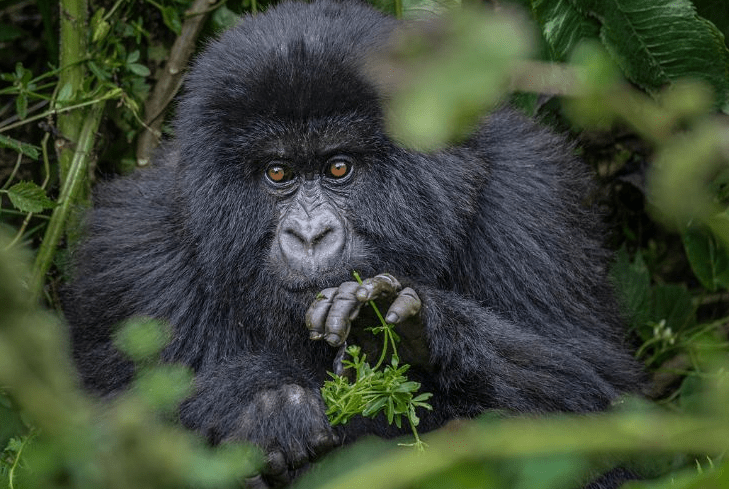The impact of the pandemic on the travel industry and how we can all play a part to ensure we travel more sustainably in the future…
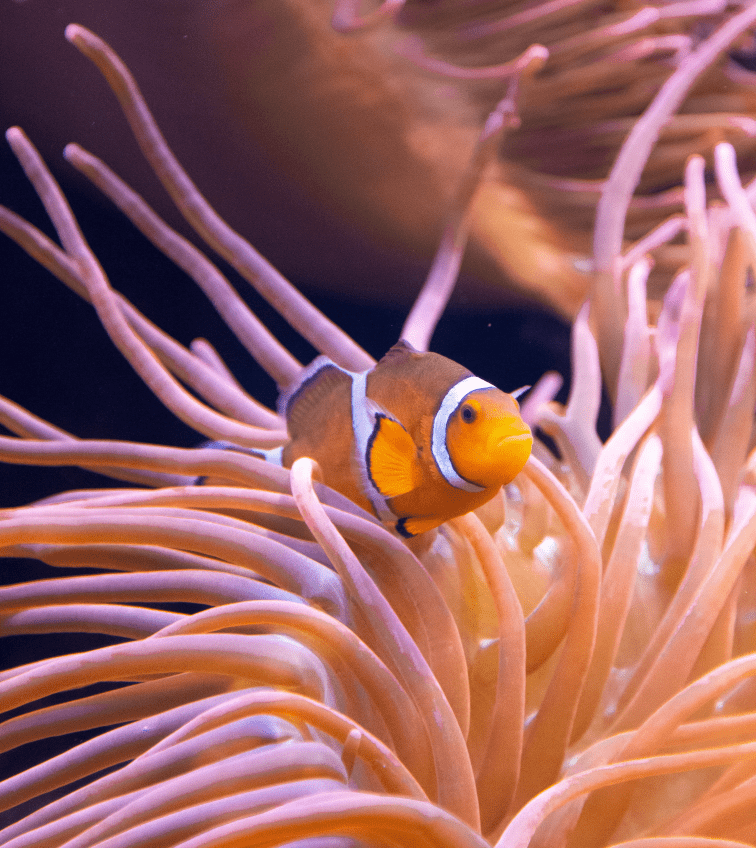
Whether your ideal holiday is drinking rum punch in the Caribbean, snorkelling in the Maldives, or going on a thrilling safari in Kenya, many of us are dreaming of when all restrictions are lifted and we can travel on holidays and adventures again. The travel industry has really taken a hammering during the pandemic, with hotels and resorts empty and millions of people throughout the world out of work. The one conciliation is that travel restrictions and lockdowns appear to have been a benefit to the environment. Seas are cleaner, skies are clearer, and the wildlife has been flourishing!
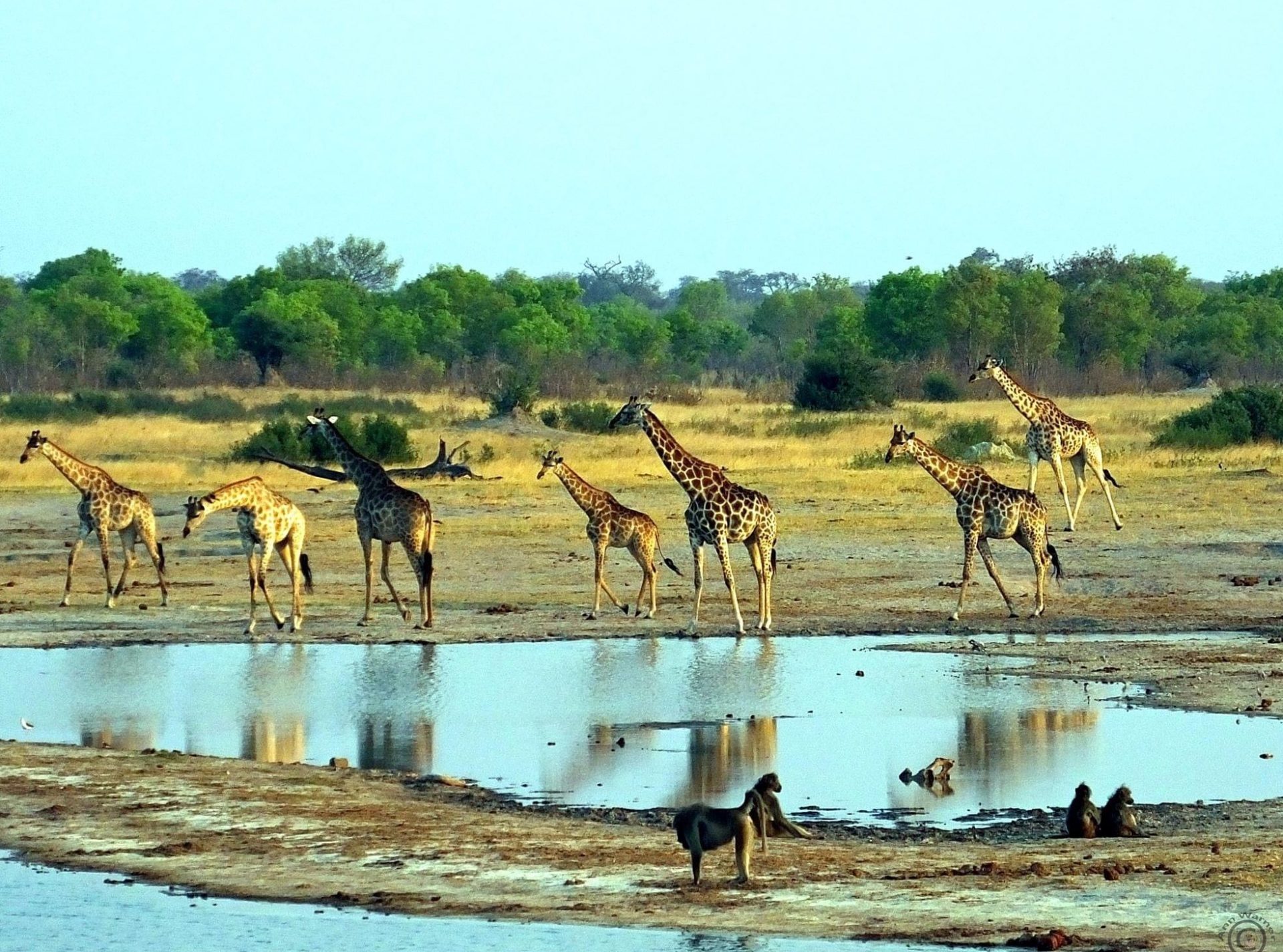
Thanks to the millions of vaccines, we hope that the end of the pandemic is now possibly in sight and we can draw from the positive of the travel shutdown. Thus, improving the environment and guiding us to a more responsible future? Many of us, even before tha pandemic, have been looking at the effect that travelling (flying inparticular) impacts our planet and have been looking at ways we can offset our emissions. By booking to fly the most direct route, for example, can actually helps reduce carbon emissions emitted during take-off and landing. But there is also dangerous perception that tourism is just a huge problem for the planet, when in reality it is not. Although I am not ignoring the environmental consequences of us jetting around the globe, we also need to remember the fundamental importance of travel and schemes put in place to fight the issues e.g. how offsetting emissions in Costa Rica is actually creating new forest areas.
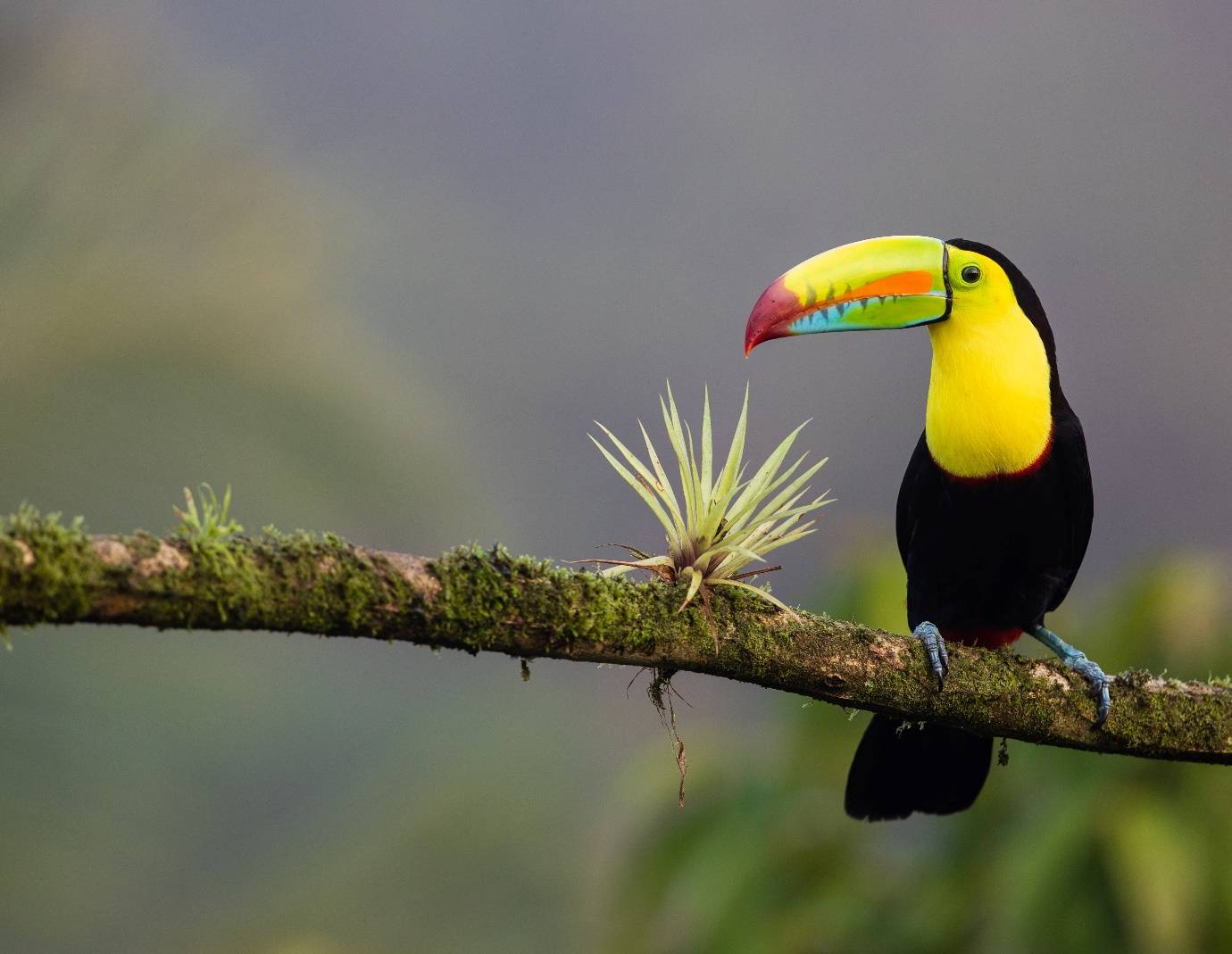
According to conservation International, there is a misperception that nature is ‘getting a break’ from humans during the Covid-19 pandemic. Whilst instead areas in the tropics face increased pressure from land grabbing, deforestation, illegal mining and wildlife poaching. Responsible tourism can actually help conservation by giving people in poorer parts of the world an economic incentive to protect what we all value and love. We must invest in these people because if you don’t have sustainable development around these wildlife parks, then people will have no interest in them, and the parks will not survive.
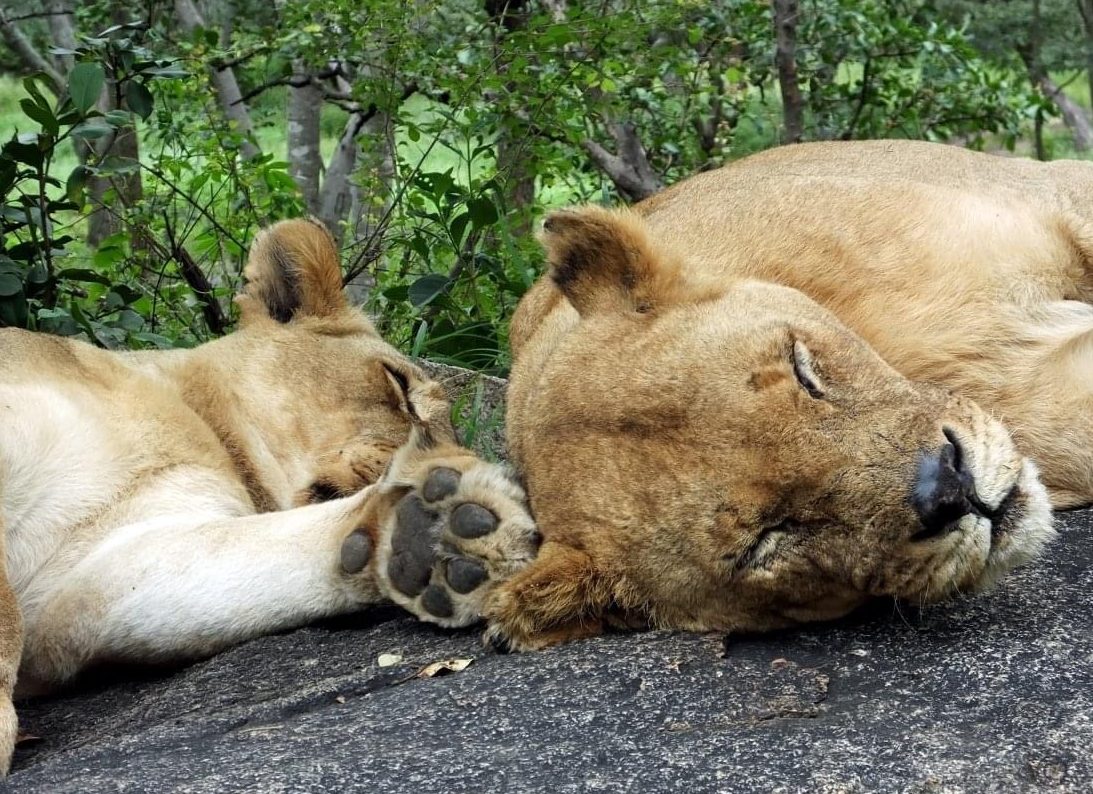
Many hotels around the world are steadily reducing their environmental footprint and running their own conservation schemes. Some are funding wildlife protection, providing village schools, and creating artificial new coral reef to protect marine biodiversity. Educating the locals with the funding provided helps persuade communities to value their wildlife.
The sooner we can get back to travelling again, the more we can do on our holidays. By experiencing the real destination, putting more money into the local economy and the local environment, it will not only benefit the locals but ourselves as we have richer and more rewarding experiences.
Our tourism money can help wild places to survive in the aftermath of the pandemic and travel can once again employ guards and guides and give local people a reason to protect and preserve iconic wildlife and help provide sustainable tourism.
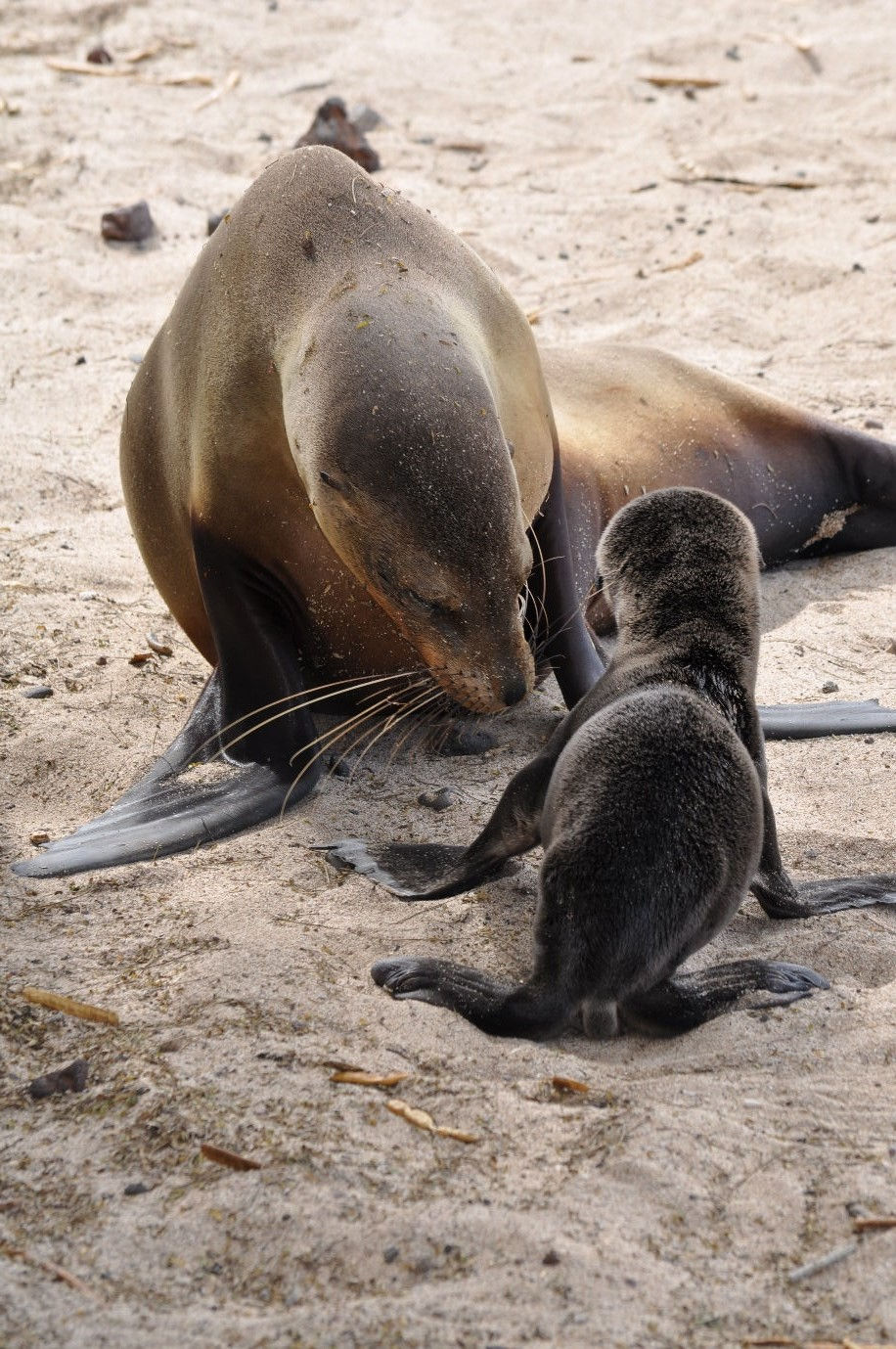
Tips for having responsible wildlife experiences.
• Remember that all of these animals are wild. That means that they are not used to humans and will bite or nip if cornered or harassed. Always give wild animals their space, and do not get too close that you cause undue stress or leave them with no room to escape.
• Never touch a wild animal, no matter how cute or relaxed they appear.
• If you are on a guided wildlife experience, always follow the rules of the guide. They know the animals far better than you and are there to ensure both your safety and that of the wildlife you encounter.
• As with any outdoor adventure, take all your litter home with you.
• When viewing wild animals, keep all noise to a minimum so as not to startle the animals, and also not to ruin the experience for others with you.
